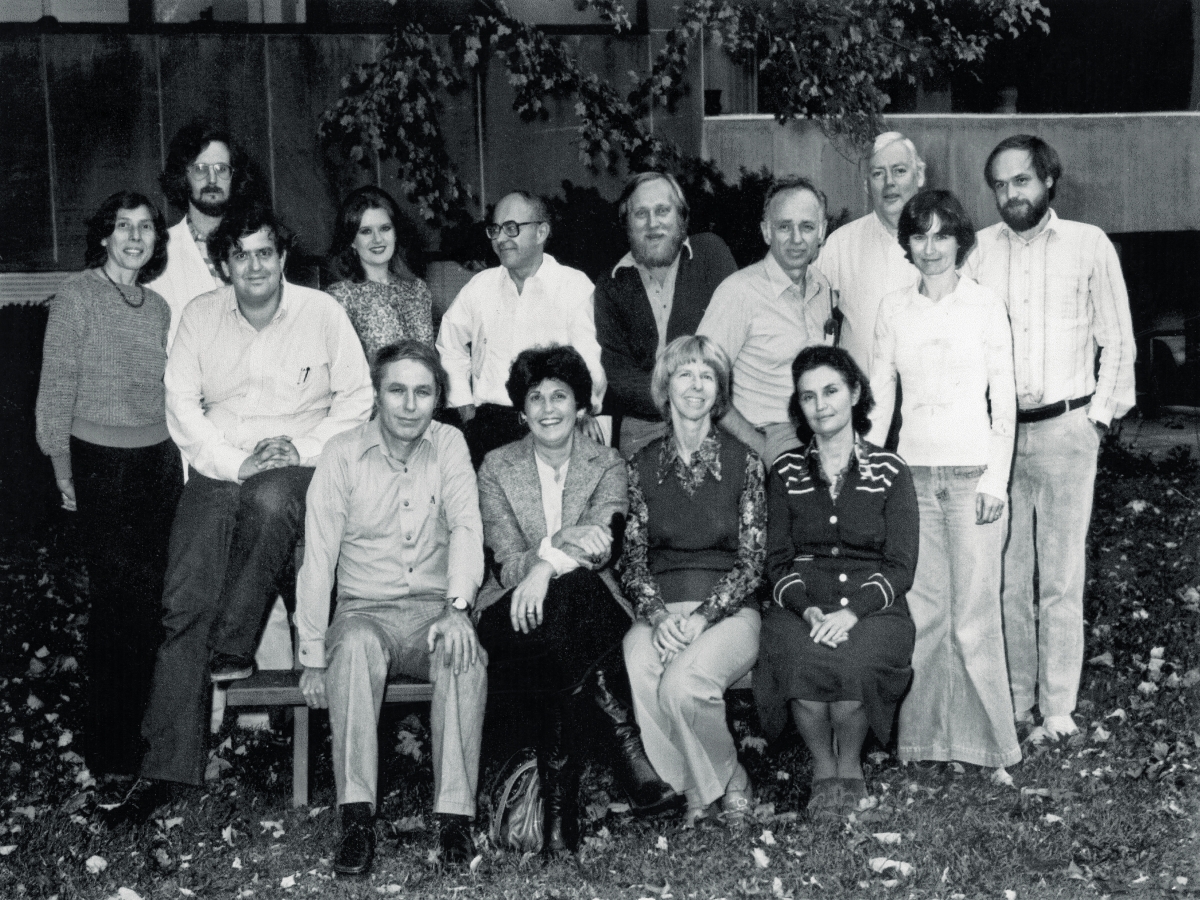
How A Chance Meeting Turned into a Nobel Prize Winning Discovery
-
Originally published in Forward, Fall/Winter 2017
By Andrew Becker
It’s a true story that reads like a Hollywood script: two scientists from different countries meet at a conference and decide to collaborate on a shared interest. Along with a third scientist, they work together for years, with two of the scientists going back and forth across the ocean. Ultimately they make a landmark discovery that saves many lives and earns them the Nobel Prize. But rather than riding off into the sunset as the credits roll, their story continued, even as they branched out into different fields of research.
“For international collaboration to truly succeed, the people involved must care about each other as much as they care about the science,” said Glenn Rall, associate chief academic officer at Fox Chase Cancer Center, himself a veteran of many such partnerships.
Fred Cohen’s experience proves Rall’s point. Cohen and his wife, Joan, are loyal donors to Fox Chase whose family played a small, but essential role in getting the initial collaboration started. That connection would one day save his life. Once the scientists — Avram Hershko and Aaron Ciechanover from the Technion-Israel Institute of Technology, and Irwin A. “Ernie” Rose from Fox Chase — decided to work together in the 1970s, many practical issues had to be addressed.
The most pressing was housing. Sondra Goldman, Cohen’s sister, helped the Hershko family find a place to live and a welcoming community for their sabbatical year in the Philadelphia area, while Cohen and his family hosted Ciechanover in their home. Their relationships deepened over the years. In Rose’s lab, the team studied protein degradation, the process by which cells rid themselves of flawed or unnecessary proteins.
Like many Fox Chase researchers, they adhered to the philosophy of founder Stanley P. Reimann, who believed that understanding normal cell function was the key to understanding cancer. Their Nobel Prize-winning work laid the foundation for a new class of cancer drugs called proteasome inhibitors. Since 2003, more than half a million multiple myeloma and mantle cell lymphoma patients have been treated with proteasome inhibitors. This historic collaboration also benefitted one bladder cancer patient: Fred Cohen.
In early 2015, Cohen was diagnosed with bladder cancer, and was told it could be controlled with an immunotherapy drug called BCG. Unfortunately, there was a drastic shortage of the drug. Increasingly worried, he reached out to Hershko, who immediately contacted Richard Fisher, the president and CEO of Fox Chase, who, in turn, contacted Robert Uzzo, chair of surgical oncology.
Dr. Uzzo and the dedicated team of pharmacists, nurses, administrators, and physicians at Fox Chase had anticipated the shortage and stocked up on BCG. Cohen’s treatment began within days. He remains in treatment, although the disease is under control.
Cohen credits the relationships for his well-being. “Avram and Aaron’s strong link to Fox Chase brought me to Dr. Uzzo. Under his care I am able to continue to enjoy the life I’ve always known.”

